Introduction
01
Vehicle electrification is critical for reaching the goals of the Paris Agreement but to increase the uptake of electric vehicles (EVs), we need a viable and sustainable charging infrastructure in place.
This workstream aims to accelerate the deployment of charging infrastructure that can support a mass adoption of EVs in the global clean energy transition.
The challenge
02
Much of the extent of success in shifting toward low-carbon mobility is about business model viability.
While many electrification use-cases, such as ride-hailing, have already proven to lower a fleet’s total cost of ownership, a variety of infrastructure challenges limit customer experience and increase operational and capital expenditure (CAPEX). The lack of clarity around global charging infrastructure deployment roadmaps and associated investment complexities present a challenge for ensuring a timely, equitable and sustainable transition to zero-emission vehicles. This is further limited in compatibility or seamlessness between key system components such as vehicles, infrastructure, charging networks and the electrical grid.
The business case
03
The potential value of the transition to EVs resides at the intersection of mobility, real estate and energy.
Unlocking this value can increase the efficiency of EV fleets and support wider deployment of infrastructure. The mobility and energy sectors can develop charging flexibility and user-adapted services, and with the eruption of new mobility hubs, real-estate actors can increase the efficiency and sustainability of land use, while maximizing social inclusivity and functionality. Collaboration with governments is also crucial in clarifying the global infrastructure roadmap, which can unlock the market potential of EVs.
The solution
04
This workstream seeks to increase the deployment of viable and sustainable charging infrastructure that is highly utilized and low CAPEX by design.
It promotes additional energy services that support efficient integration of transport in the electricity grid and the built environment. Through knowledge and advocacy, the workstream provides businesses and governments with tools and recommendations for timely, equitable and sustainable global charging infrastructure deployment.
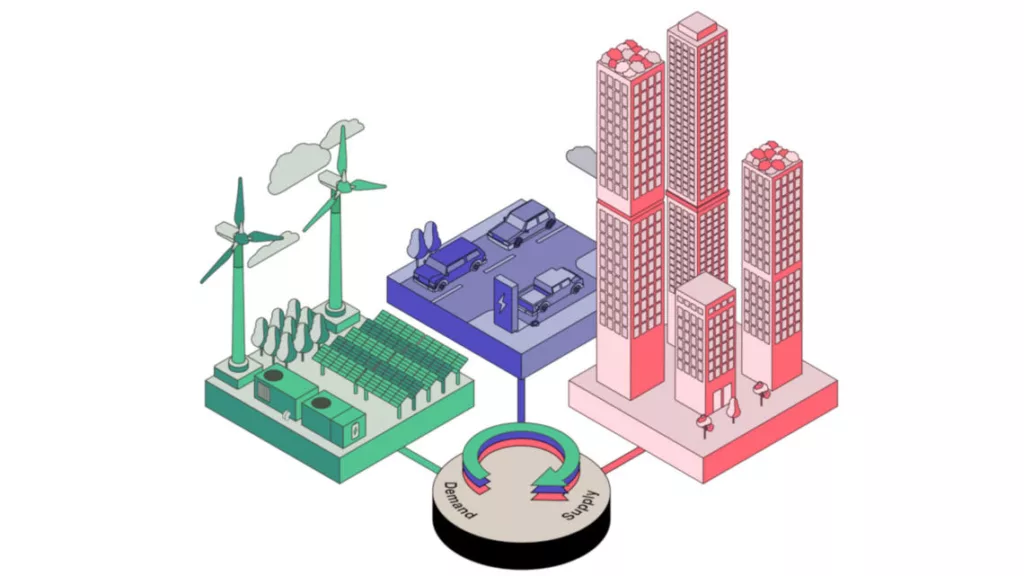
The fast lane to low carbon with integrated approaches
21 July, 2023
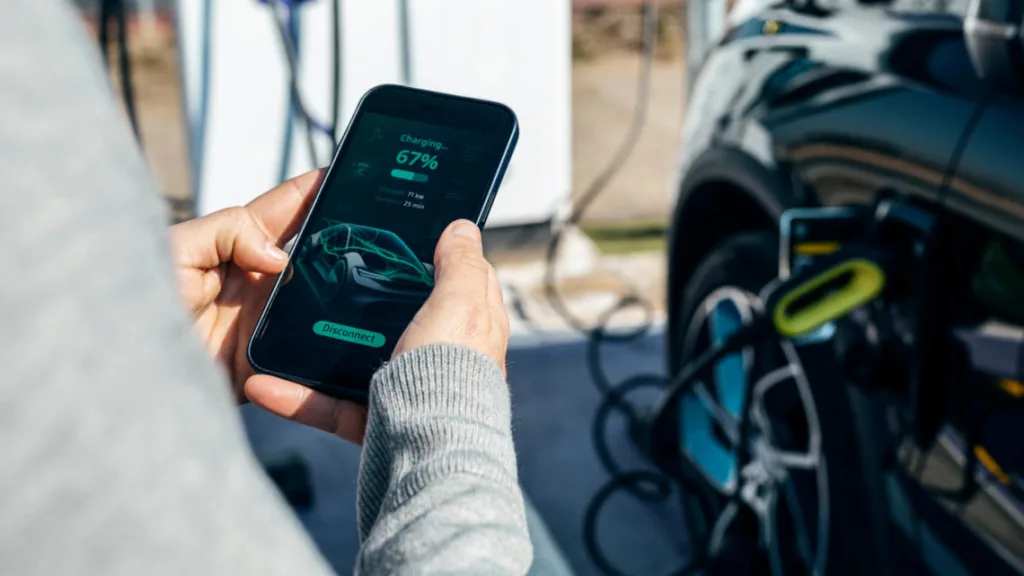
Unleashing the power of data for electric vehicles and charging infrastructure
14 July, 2023
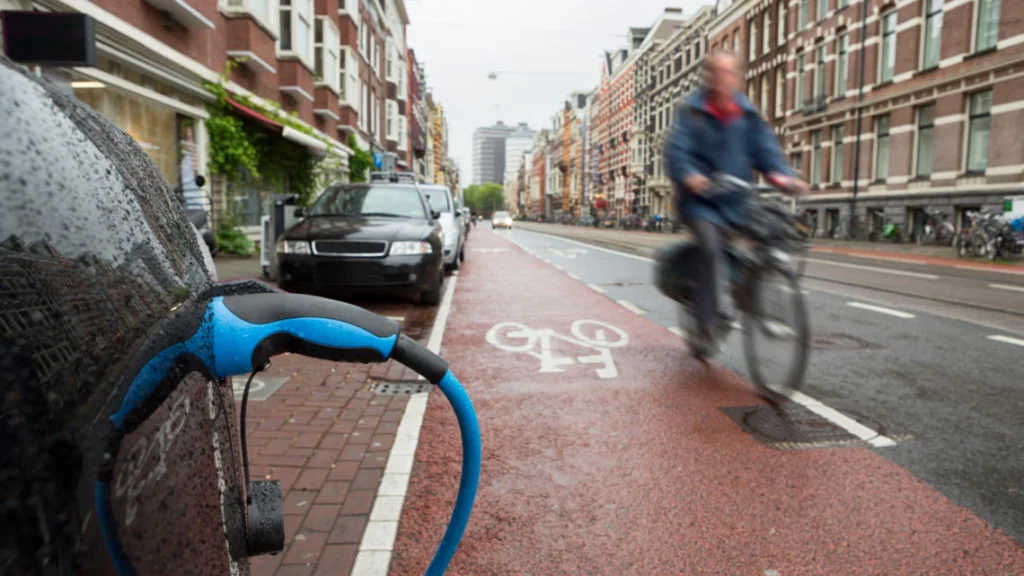
Global rollout of electric vehicles will depend on countries creating right framework for investment – new report says
22 September, 2022
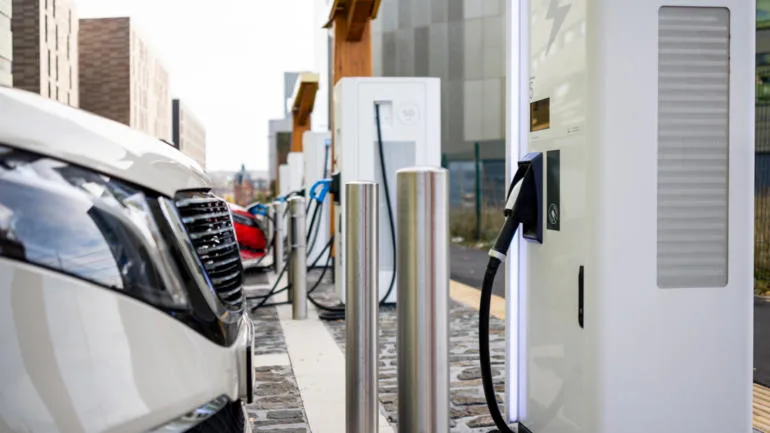
How to use data for faster and better charging
13 July, 2023

Financing charging infrastructure
17 November, 2022
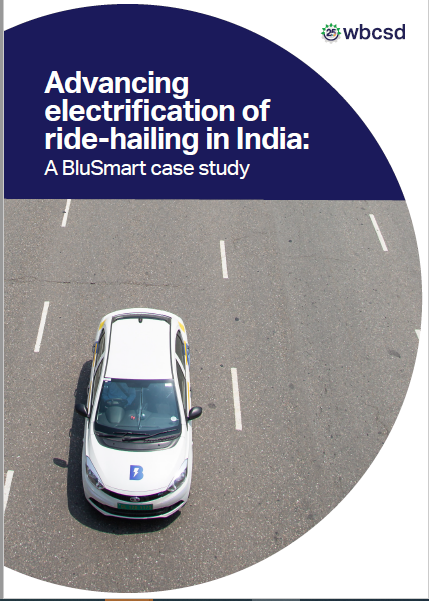
Advancing electrification in ride-hailing in India
8 September, 2020
